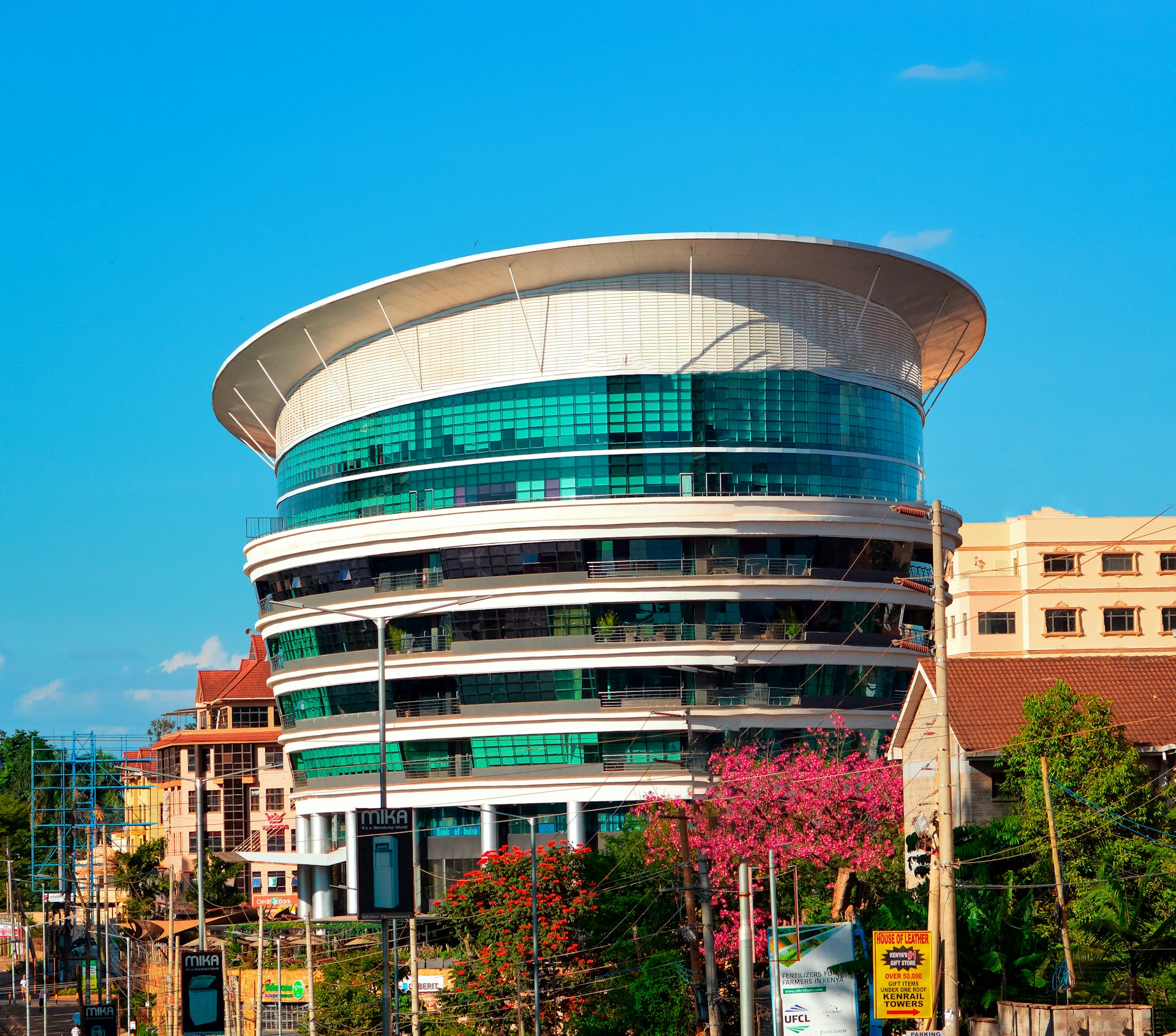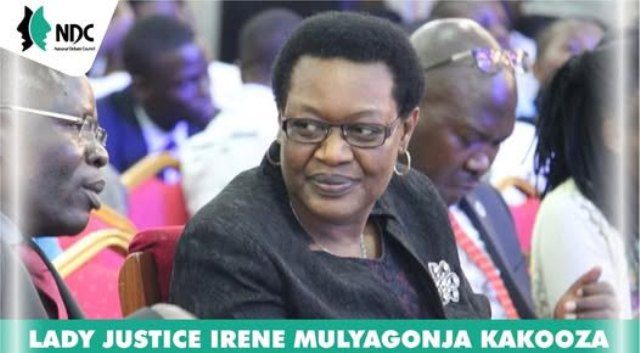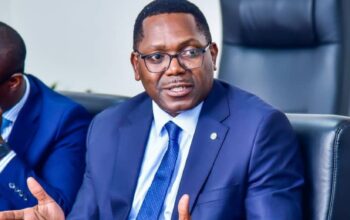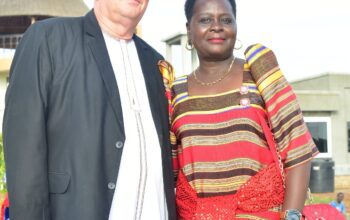Masaka has hosted its first-ever Court of Appeal Civil Session, officially opened by Lady Justice Irene Mulyagonja, Justice of the Court of Appeal, on behalf of the Deputy Chief Justice.
The three-day session, running from 18 to 20 November 2025, will hear 26 civil appeals and related applications.
The sitting is presided over by a panel of Justices comprising Lady Justice Mulyagonja, Justice Byaruhanga Jesse Rugyema, and Lady Justice Cornelia Sabiiti Kakooza.
According to the cause list issued by the Court’s Registrar, HW Rukundo Allen Owembabazi, land disputes make up the bulk of the matters set for hearing, alongside appeals relating to letters of administration, defamation, and loan recovery.
Speaking during a stakeholders’ meeting, Lady Justice Mulyagonja explained that for many years, the Court of Appeal conducted mainly criminal sessions.
However, persistent requests from court users prompted the Judiciary to begin regional civil sessions in 2023, with Masaka’s sitting marking the sixth of its kind.
She further confirmed that the Judiciary’s long-term plan is to establish permanent regional Court of Appeal circuits, with Masaka among the proposed sites once land and funding are secured.
Justice Mulyagonja also highlighted the Court’s heavy workload due to its limited number of Justices.
She noted that although the number was recently increased to 20, the Judiciary is working toward achieving the statutory ceiling of 35 Justices.
She underscored the Court’s progress in embracing technology, explaining that the Court of Appeal has moved to a paperless system and adopted e-filing, e-payment, and e-document submission to improve efficiency.
She encouraged litigants to embrace mediation and other alternative dispute-resolution mechanisms to ease pressure on the courts and expedite justice.
Responding to concerns regarding infrastructure constraints, including the need for a High Court building in Masaka, the request for a third High Court judge, and calls for operationalizing Rakai High Court, Justice Mulyagonja assured stakeholders that these matters would be forwarded to the Judiciary’s Top Management for consideration.
She emphasized that the needs were clear, given Masaka’s heavy caseload and its jurisdiction over ten districts.
Addressing complaints that litigants in Masaka often frustrate land cases through unnecessary appeals that cause prolonged delays, she stressed the importance of mediation.
She noted that mediation at the High Court level prevents disputes from escalating to the Court of Appeal, enabling faster resolution.
She also responded to concerns about missing files, assuring the public that the Registrar would trace the file explaining that electronic filing significantly reduces such risks.
On allegations of political interference in land disputes and court decisions, Lady Justice Mulyagonja reaffirmed the Judiciary’s independence.
She emphasized that although political statements may influence public perception, they do not alter court decisions.
“Those decisions that you say are dismantled within two minutes by a politician making a statement may unsettle people on the ground, but the judgment of the court remains solid,” she said.
“Eventually, if you pursue it, it will be executed because a politician cannot change a decision.
They do not change the law, they do not change the facts, and those judgments can still be implemented.”
In her remarks, Lady Justice Victoria Katamba Nakintu Nkwanga, Head of the Masaka High Court Circuit, welcomed the Justices and described the session as a significant milestone in bringing justice closer to the public






